Home>Garden Essentials>What Animals Eat Sunflower Seeds
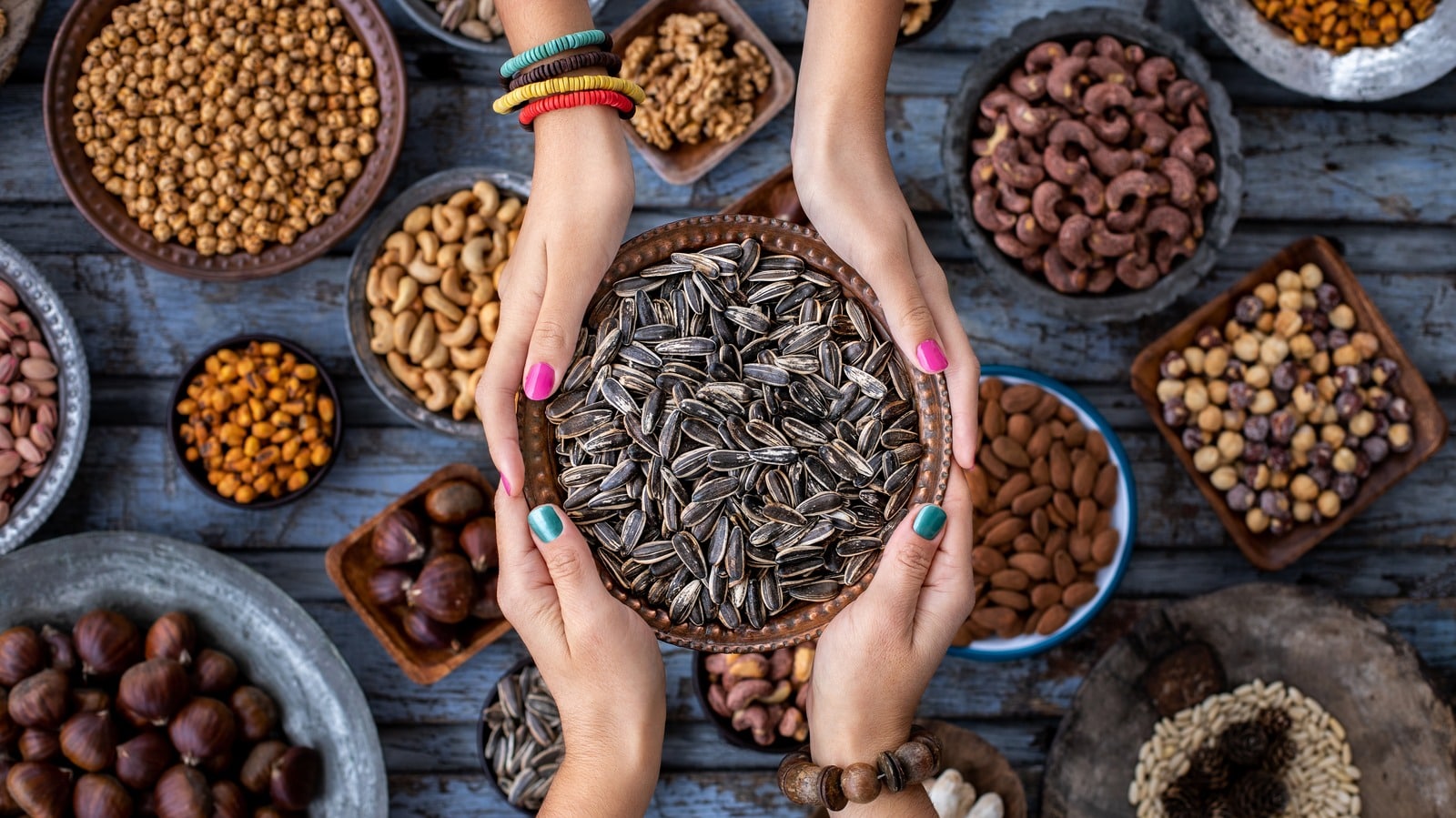

Garden Essentials
What Animals Eat Sunflower Seeds
Modified: April 22, 2024
Discover what creatures love to feast on sunflower seeds in your garden and learn how to protect your precious harvest with these helpful tips.
(Many of the links in this article redirect to a specific reviewed product. Your purchase of these products through affiliate links helps to generate commission for Storables.com, at no extra cost. Learn more)
Introduction
When it comes to gardening, one of the most popular and rewarding plants to grow is the sunflower. Known for their bright and cheerful appearances, sunflowers are not only visually appealing but also provide a valuable source of food. The seeds of the sunflower have long been appreciated for their delicious taste and high nutritional value.
However, sunflower seeds are not reserved only for human consumption. There are several creatures in the animal kingdom that also have a taste for this delectable treat. If you’re curious to know who enjoys feasting on sunflower seeds, read on as we explore what eats sunflower seeds.
Key Takeaways:
- Sunflower seeds are enjoyed by birds, squirrels, chipmunks, deer, mice, rats, and even bears! Humans also love them for their delicious taste and health benefits, but it’s important to share with wildlife responsibly.
- Birds, with their strong beaks, and squirrels, with their nimble paws, are just a few of the many creatures that enjoy snacking on sunflower seeds. Humans love them too, but it’s important to enjoy them responsibly and in moderation.
Read more: Which Birds Eat Sunflower Seeds
Birds
When it comes to enjoying sunflower seeds, birds are some of the most avid consumers. Many bird species are attracted to the high-fat content and rich nutritional value of sunflower seeds, making them a staple in their diets.
Some of the most common birds that feast on sunflower seeds include cardinals, chickadees, finches, nuthatches, and jays. These birds have strong beaks and are adept at cracking open the shells to access the seed inside. They have also developed various feeding techniques, such as holding the seed in their feet or wedging it in crevices to provide stability while they enjoy their meal.
If you want to attract birds to your garden, consider setting up a bird feeder filled with sunflower seeds. It will not only provide them with a much-needed food source, especially during colder months, but will also provide you with the opportunity to observe these beautiful creatures up close.
It’s worth noting that different bird species may have different preferences when it comes to sunflower seeds. Some birds may prefer hulled seeds, which have had the outer shell removed, while others may enjoy the challenge of cracking open the shell themselves. Providing a variety of sunflower seed options can cater to the preferences of a wider range of bird species.
Squirrels
When it comes to foraging for food, squirrels are known for their resourcefulness and agility. These bushy-tailed creatures have a fondness for sunflower seeds and are often seen scurrying up trees or leaping from branch to branch in search of their next meal.
Squirrels have powerful jaws that allow them to crack open the hard shells of sunflower seeds. They are opportunistic foragers and will often hoard the seeds, burying them in the ground or hiding them in various nooks and crannies for future consumption.
If you have sunflowers in your garden, it’s not uncommon to see squirrels perched on the stems, nibbling away at the seeds. They are highly skilled at extracting the seed from the large flower head and can consume a substantial amount in a short period of time.
While squirrels may be seen as pests by some gardeners, they can also play a role in seed dispersal. When squirrels bury sunflower seeds and forget their hiding spots, they inadvertently contribute to the growth of new sunflower plants in different locations. So, even though they may sometimes raid your sunflowers, they can also have a positive impact on the spread of sunflower populations.
To deter squirrels from feasting on your sunflower seeds, you can try using squirrel-proof feeders or placing physical barriers around the plants. However, it’s worth noting that squirrels are intelligent, persistent creatures, and they may find creative ways to bypass these deterrents.
Chipmunks
Chipmunks, with their adorable appearance and quick movements, are beloved by many. These small, ground-dwelling rodents are also fans of sunflower seeds. They have a knack for locating and hoarding these tasty treats.
Chipmunks have cheek pouches that allow them to collect and transport large quantities of sunflower seeds. They are known for their efficient foraging habits, quickly gathering and stashing seeds in their burrows or in hidden crevices.
While chipmunks primarily consume the seeds, they may also eat sunflower flowers and stems. Their feeding habits can sometimes result in damaged sunflower plants, especially when chipmunk populations are high.
If you want to discourage chipmunks from raiding your sunflowers, you can try placing wire mesh or fences around the plants to prevent them from accessing the flowers and seeds. It’s important to keep in mind that chipmunks are clever and agile, so you may need to regularly monitor and reinforce these barriers.
Despite their potential impact on sunflower plants, chipmunks can also contribute to seed dispersal. Just like squirrels, chipmunks may bury sunflower seeds for later consumption and inadvertently help with the propagation of new plants.
Overall, chipmunks are delightful creatures that bring a sense of liveliness to any garden. While they may have a fondness for sunflower seeds, their presence adds a layer of charm to the natural ecosystem.
Deer
Deer, with their graceful appearance and gentle demeanor, are common sights in many gardens and natural areas. While they primarily feed on plants and foliage, they have a particular fondness for certain flowers and seeds, including sunflower seeds.
Deer are known to be opportunistic herbivores, meaning they will consume a wide variety of available food sources. Sunflower seeds are a nutritious and energy-rich snack for deer, providing them with essential fats and proteins.
However, the presence of deer in your garden can be a double-edged sword. While they may enjoy feasting on sunflower seeds, they can also cause significant damage to sunflower plants and other delicate vegetation. Their browsing behavior can result in broken stems, stripped leaves, and trampled flowers.
To protect your sunflowers from deer, it’s important to implement deterrent measures. Fencing is one effective method, as deer are unable to jump over tall, sturdy barriers. Additionally, using deer-resistant plants in your garden can help divert their attention away from your sunflowers.
Deer are beautiful creatures that add a touch of elegance to any landscape. While they may occasionally indulge in sunflower seeds, managing their impact on your garden can help strike a balance between their presence and the preservation of your plants.
Sunflower seeds are eaten by a variety of animals including birds (like finches and sparrows), squirrels, chipmunks, and even some larger mammals like deer and bears. Placing sunflower seeds in a bird feeder can attract a wide range of wildlife to your yard.
Read more: What To Do If You Eat Sunflower Seed Shells
Mice and Rats
Mice and rats are small rodents that are known for their curious and opportunistic nature. When it comes to sunflower seeds, these pests are no exception and have a keen interest in these delicious morsels.
Mice and rats have sharp incisors that allow them to gnaw through the hard shells of sunflower seeds with ease. They are skilled in finding hidden food sources and can quickly locate and consume sunflower seeds, both in gardens and in storage areas.
These rodents are known for their rapid breeding habits, which can result in large populations if left unchecked. This poses a challenge for gardeners, as an infestation of mice or rats can lead to significant damage to sunflower plants, as well as other crops.
To protect your sunflowers from mice and rats, it’s essential to take preventive measures. This includes keeping garden areas clean and free from debris, as well as regularly inspecting and repairing any potential entry points into your garden or storage areas.
Additionally, practicing proper storage techniques for sunflower seeds is crucial in deterring these pests. Keep seeds in tightly sealed containers to prevent access and store them in cool, dry areas to minimize the risk of attracting rodents.
In cases where an infestation has already occurred, it may be necessary to employ traps or seek professional assistance to safely eliminate the rodents. It’s important to handle rodent control measures with care and consideration for the well-being of other wildlife and pets in the area.
While mice and rats can be challenging to manage, taking proactive steps to prevent infestations can help preserve the beauty and health of your sunflower garden.
Bears
Bears, with their massive size and strength, are formidable creatures that roam various habitats around the world. While they are commonly associated with foraging for berries and hunting for fish, bears also have a liking for sunflower seeds.
Bears are omnivores, meaning they have a diverse diet that includes both plant matter and animal protein. Sunflower seeds provide bears with a concentrated source of energy and essential nutrients, making them an attractive food source, especially during the fall months when bears are preparing for hibernation.
While bears may not be a concern for every gardener, those living near bear habitats should take precautions to prevent bear-human conflicts. Bears have a keen sense of smell, and the aroma of sunflower seeds can attract their attention. It’s important to secure any bird feeders or containers of sunflower seeds in bear-proof containers or stored in a secure location.
Encounters with bears can be dangerous, so it’s crucial to follow bear safety guidelines, such as making noise to alert them of your presence and slowly backing away to avoid confrontation. Maintaining a respectful distance and ensuring that bears do not associate humans with a readily available food source is key to coexisting peacefully with these magnificent creatures.
Appreciating the role of bears in the ecosystem and taking steps to prevent human-bear conflicts can help maintain the balance between preserving sunflower seeds as a food source for wildlife and ensuring human safety.
Humans
When it comes to sunflower seeds, humans are perhaps the most enthusiastic consumers. These delightful seeds are not only delicious but also offer a plethora of health benefits.
Humans have been enjoying sunflower seeds for centuries and incorporate them into various culinary dishes, snacks, and even oils. From roasted and salted sunflower seeds to adding them to salads, baked goods, and granola bars, there are endless ways to include these nutritious seeds in our diets.
In addition to their culinary uses, sunflower seeds are also highly valued for their nutritional content. They are rich in healthy fats, protein, fiber, vitamins, and minerals, making them an excellent addition to a balanced diet.
Moreover, sunflower seeds are often used to produce sunflower oil, which is widely used in cooking and as a nutritious alternative to other oils. Sunflower oil has a mild taste and a high smoking point, making it suitable for various cooking methods.
Aside from culinary purposes, sunflower seeds are also popular for their potential health benefits. They are known for their antioxidant properties, promoting heart health, supporting healthy skin, hair, and nails, and even aiding in weight management.
As avid consumers of sunflower seeds, humans contribute to the growing demand and cultivation of sunflowers. This, in turn, provides habitats and food sources for wildlife that rely on sunflower seeds as part of their own diet.
However, it’s important to consume sunflower seeds in moderation. While they are nutritious, they are also calorie-dense, so it’s essential to be mindful of portion sizes. Additionally, individuals with nut allergies may need to exercise caution, as sunflower seeds are considered seeds and not nuts, although they can sometimes trigger similar allergic reactions.
In summary, as humans, we have a deep appreciation for the taste, versatility, and nutritional benefits of sunflower seeds. By responsibly enjoying sunflower seeds, we not only satisfy our own culinary desires but also contribute to the cultivation and sustainability of sunflowers, benefitting both ourselves and the natural world.
Conclusion
Sunflower seeds are not only a beloved snack for humans but also a coveted treat for various creatures in the animal kingdom. From birds and squirrels to chipmunks and deer, these animals have developed unique methods to enjoy the nutritional benefits of sunflower seeds.
While birds use their beaks to crack open the shells and squirrels rely on their nimble paws, chipmunks and deer also have a fondness for sunflower seeds. Smaller rodents like mice and rats are clever at finding and consuming sunflower seeds, while bears, with their foraging abilities, include sunflower seeds in their diverse diet.
Humans, with their creativity and culinary prowess, have elevated the consumption of sunflower seeds to new heights. From using them as a topping on salads to incorporating them into various dishes and even producing sunflower oil, we have found numerous ways to enjoy the nutritional benefits of these remarkable seeds.
Through responsible consumption and cultivation, humans play a vital role in providing habitats and sustenance for wildlife that relies on sunflower seeds. It is crucial to strike a balance, ensuring that wildlife can partake in nature’s bounty while safeguarding our gardens and crops from excessive damage caused by some seed enthusiasts, such as squirrels and deer.
Whether we are planting sunflowers in our gardens to attract birds or indulging in roasted sunflower seeds as a nutritious snack, the joy and benefits derived from sunflower seeds extend beyond human enjoyment. By understanding and appreciating the diverse creatures that also enjoy sunflower seeds, we can foster a sense of harmony and coexistence with our natural environment.
So, the next time you gaze upon a sunflower, admire its beauty not only for its vibrant petals but also for the abundance of life it sustains – from the buzzing bees and fluttering butterflies to the chirping birds and scampering squirrels. Sunflower seeds truly bring nature’s symphony to life.
Frequently Asked Questions about What Animals Eat Sunflower Seeds
Was this page helpful?
At Storables.com, we guarantee accurate and reliable information. Our content, validated by Expert Board Contributors, is crafted following stringent Editorial Policies. We're committed to providing you with well-researched, expert-backed insights for all your informational needs.
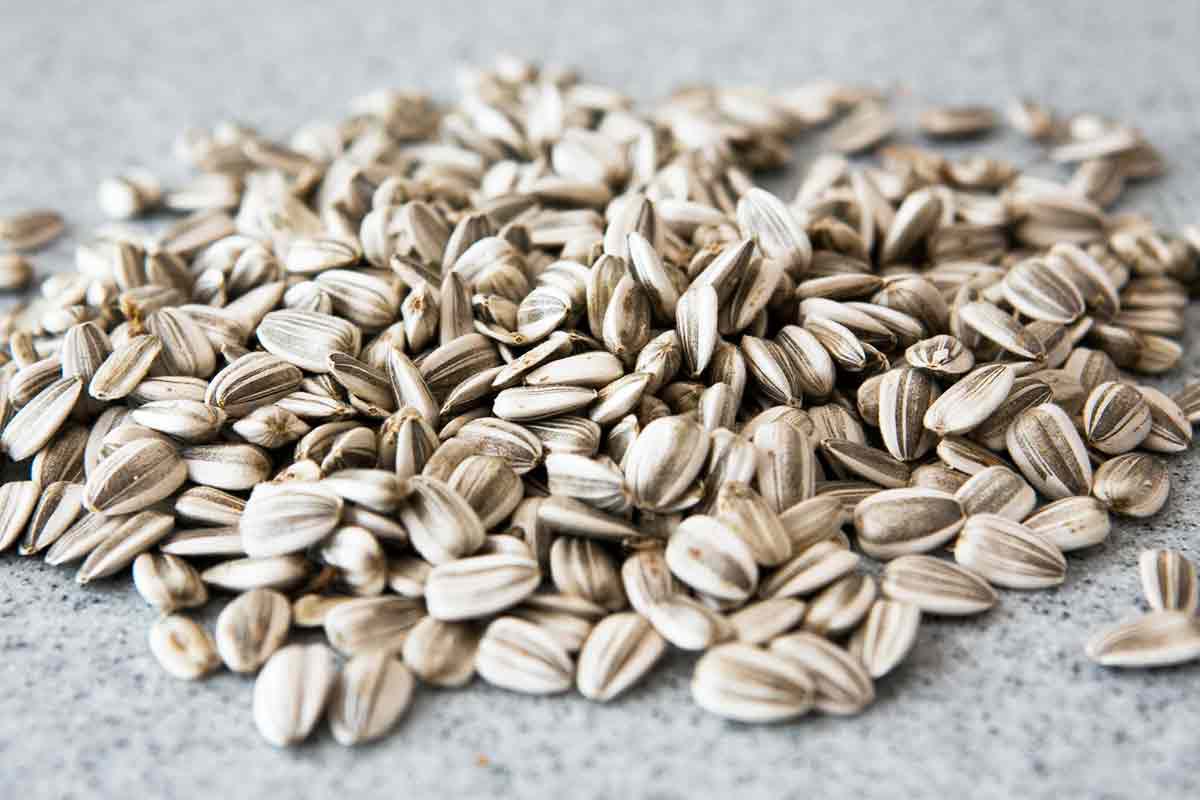
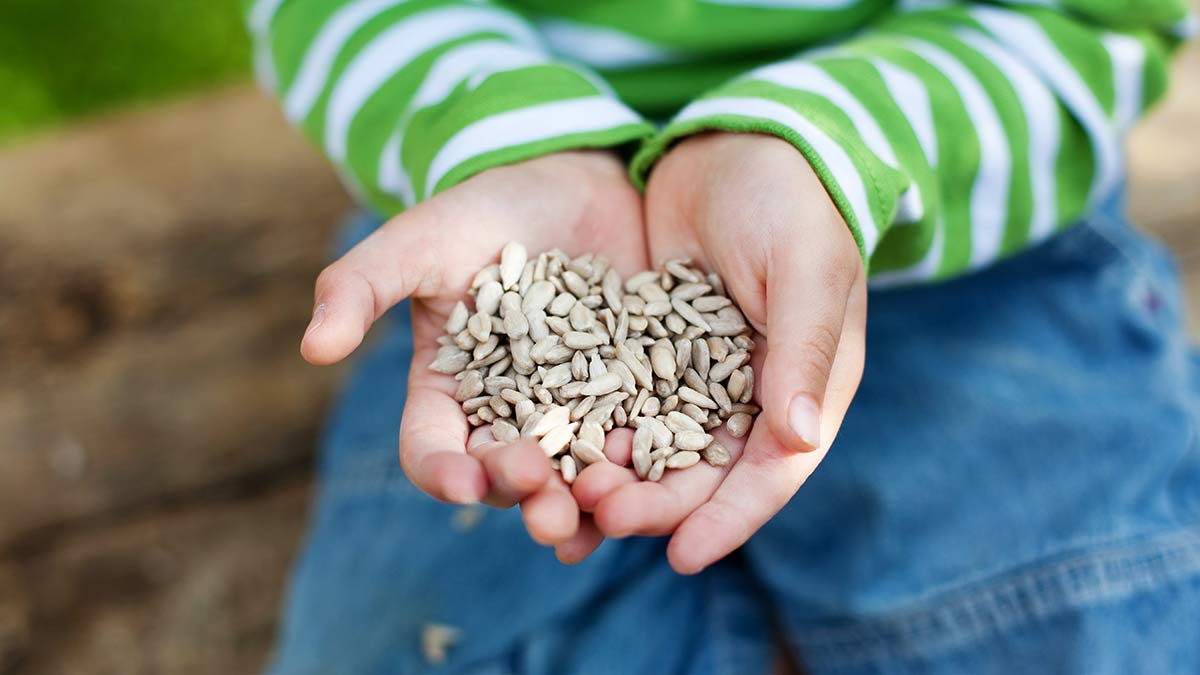
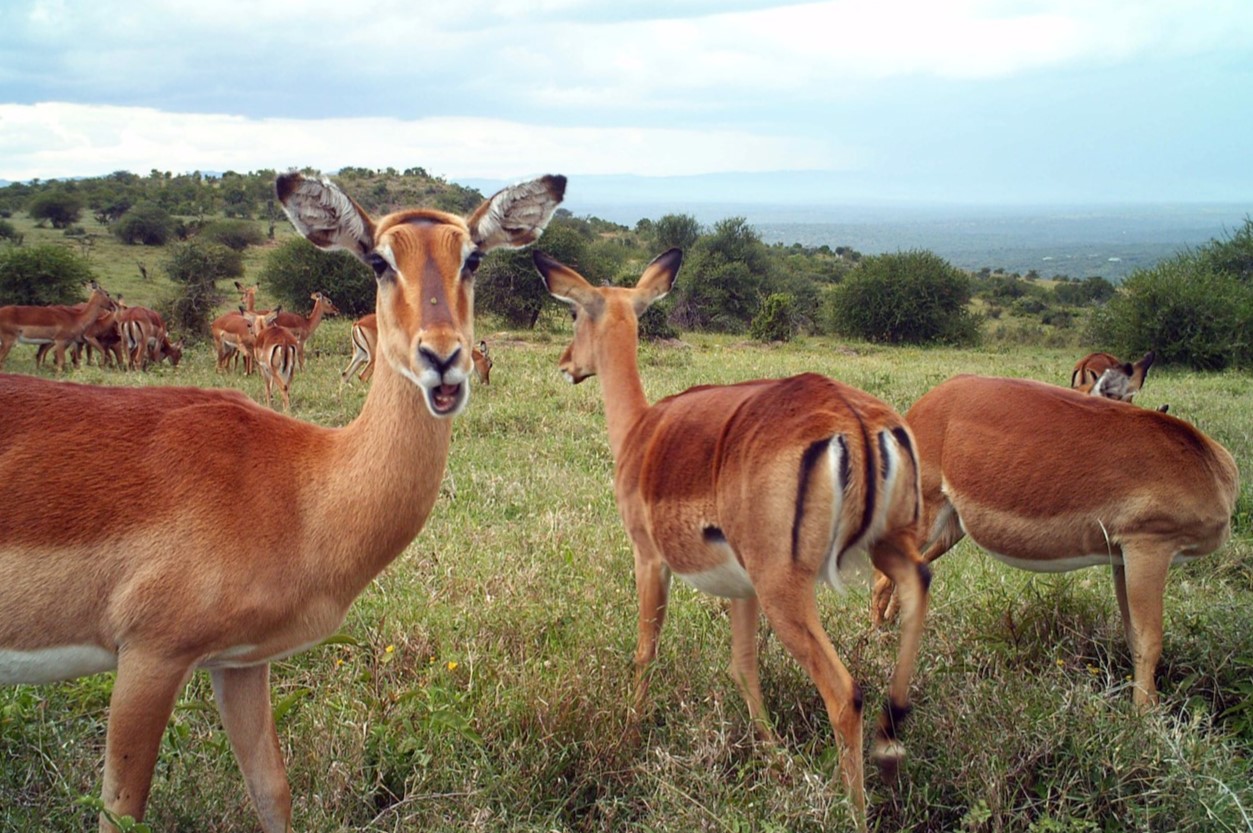
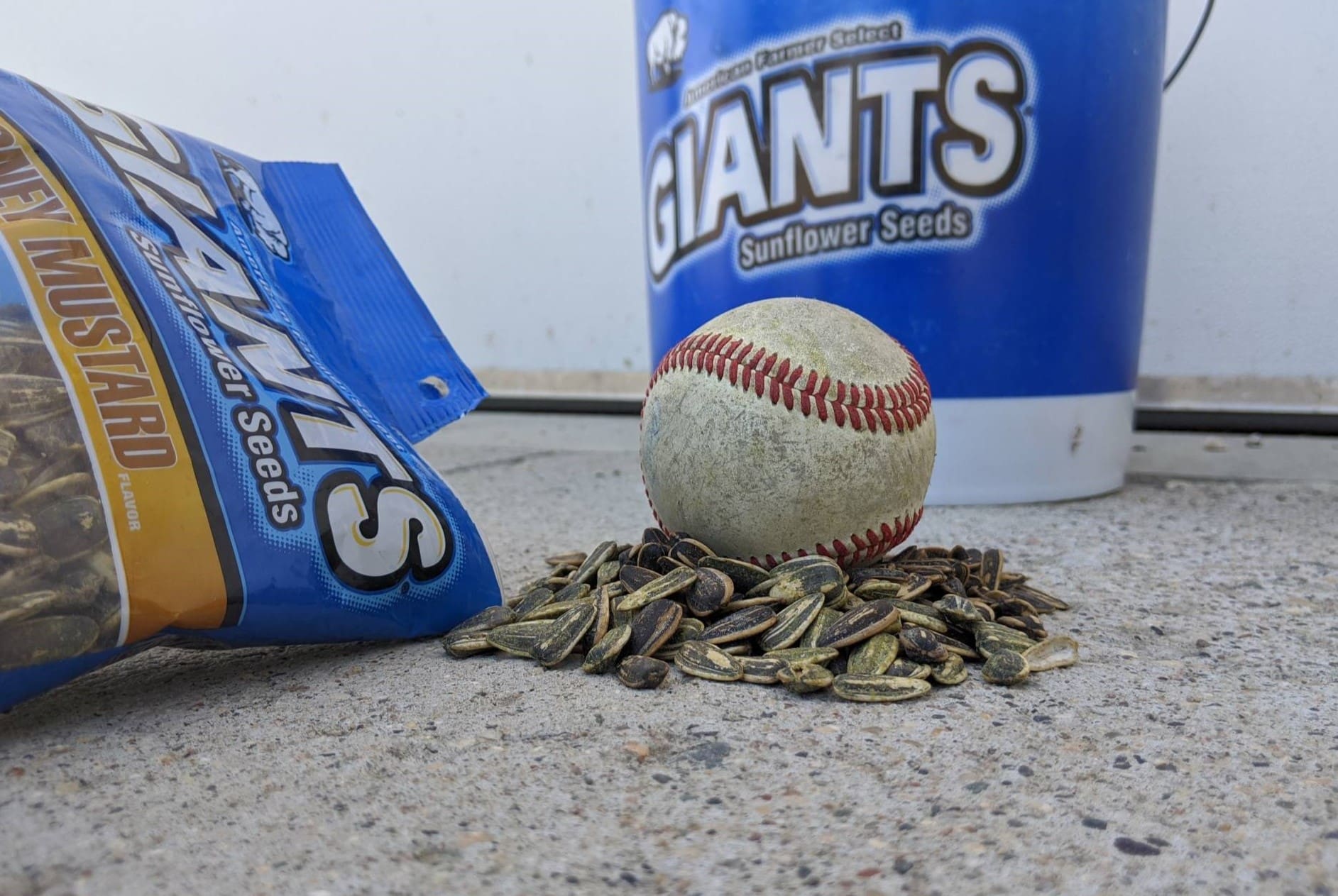
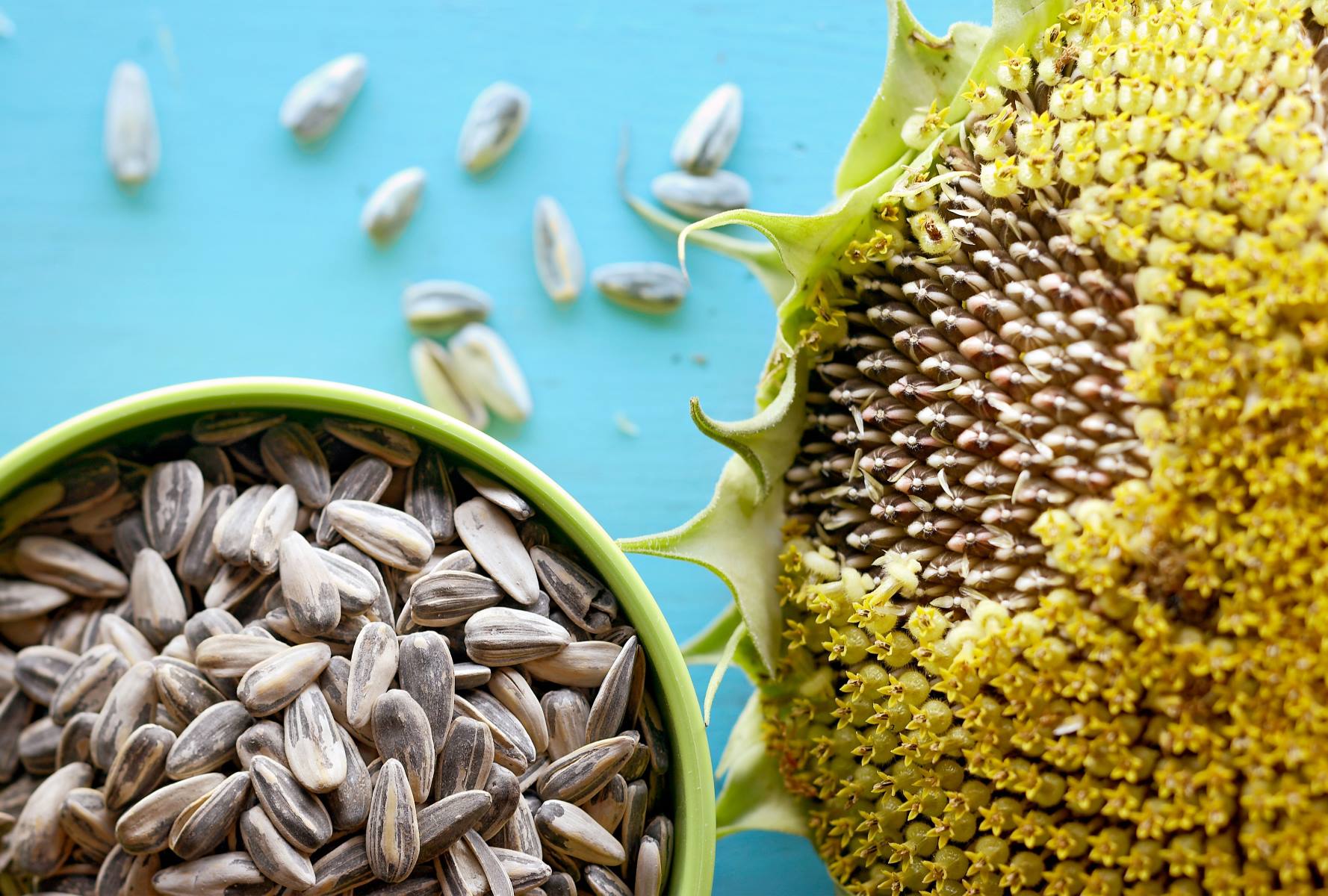
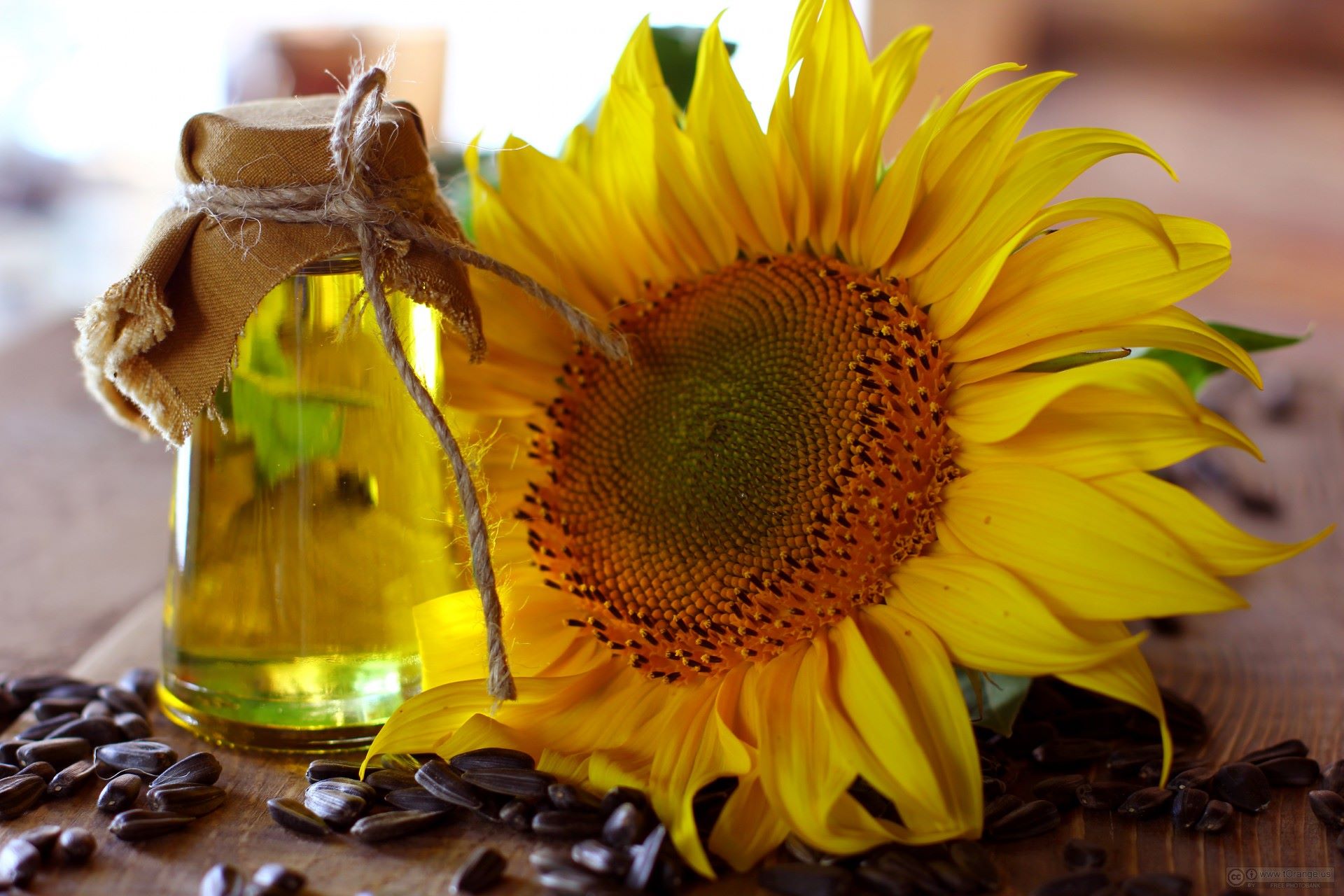
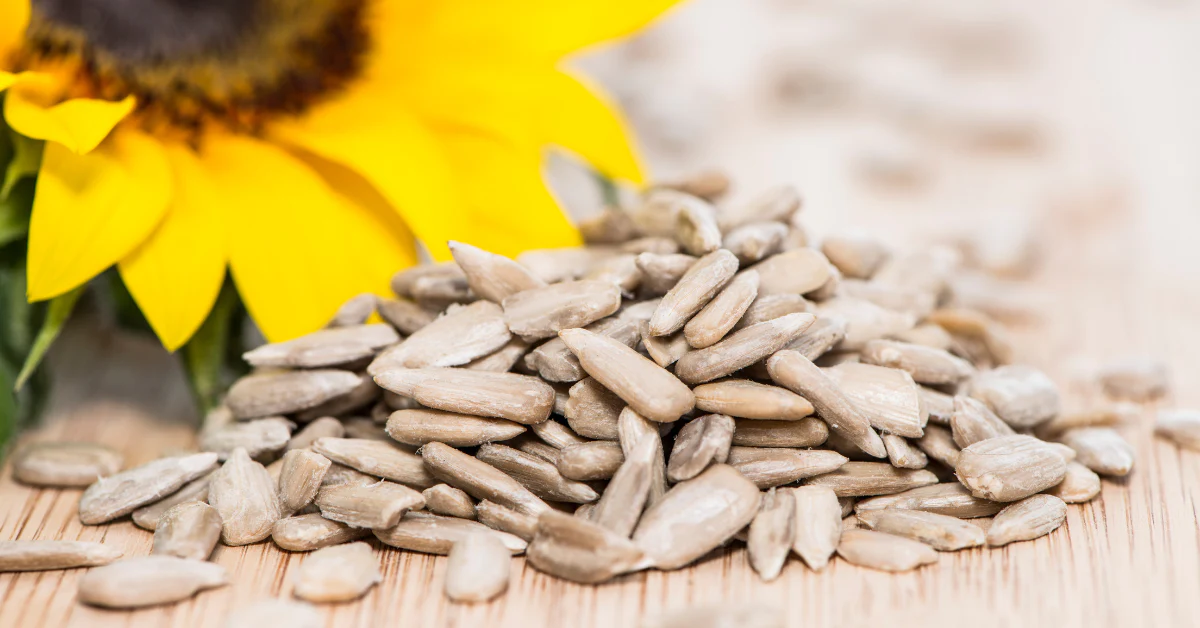
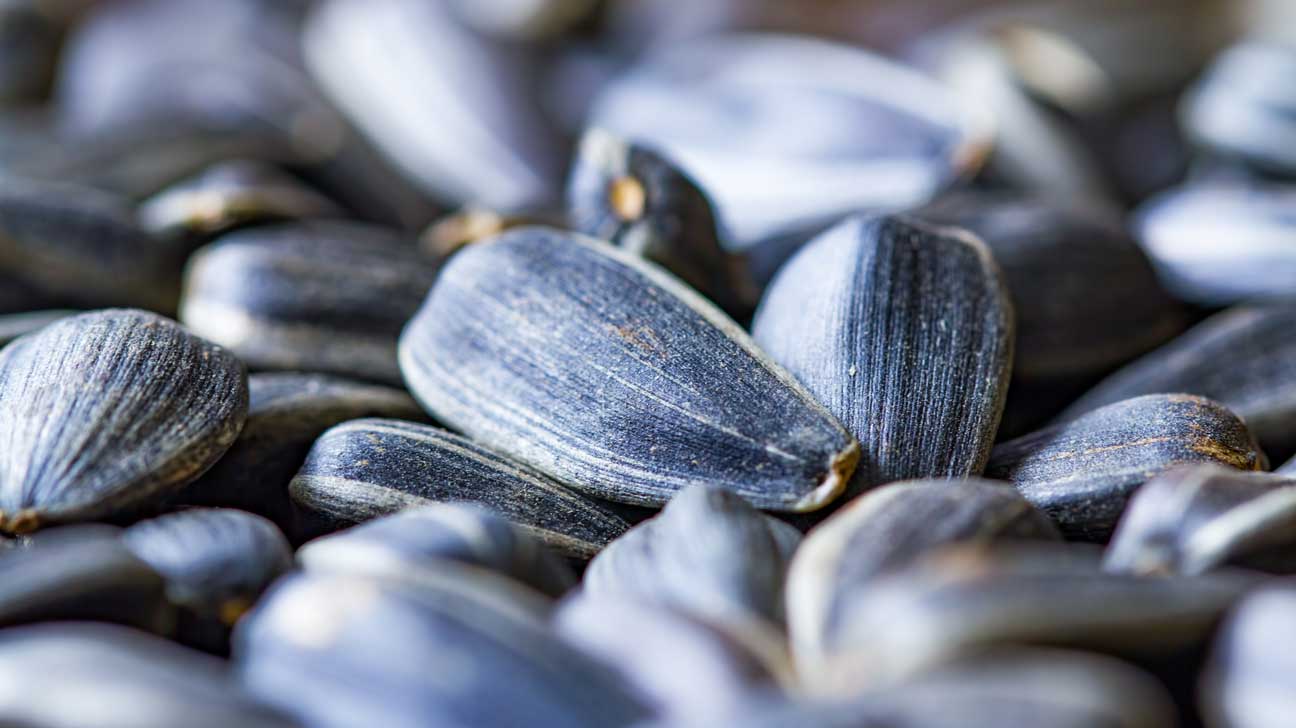
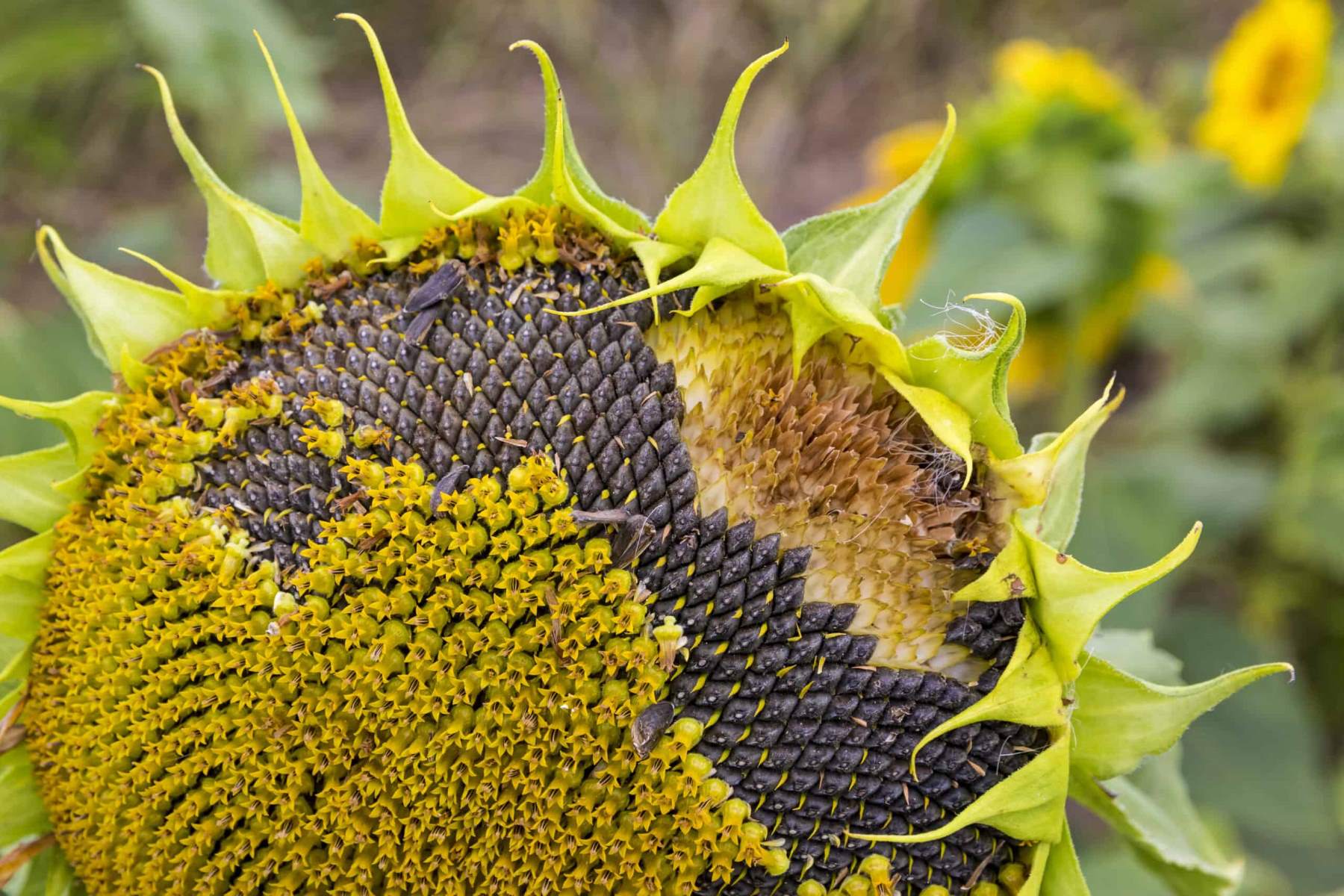
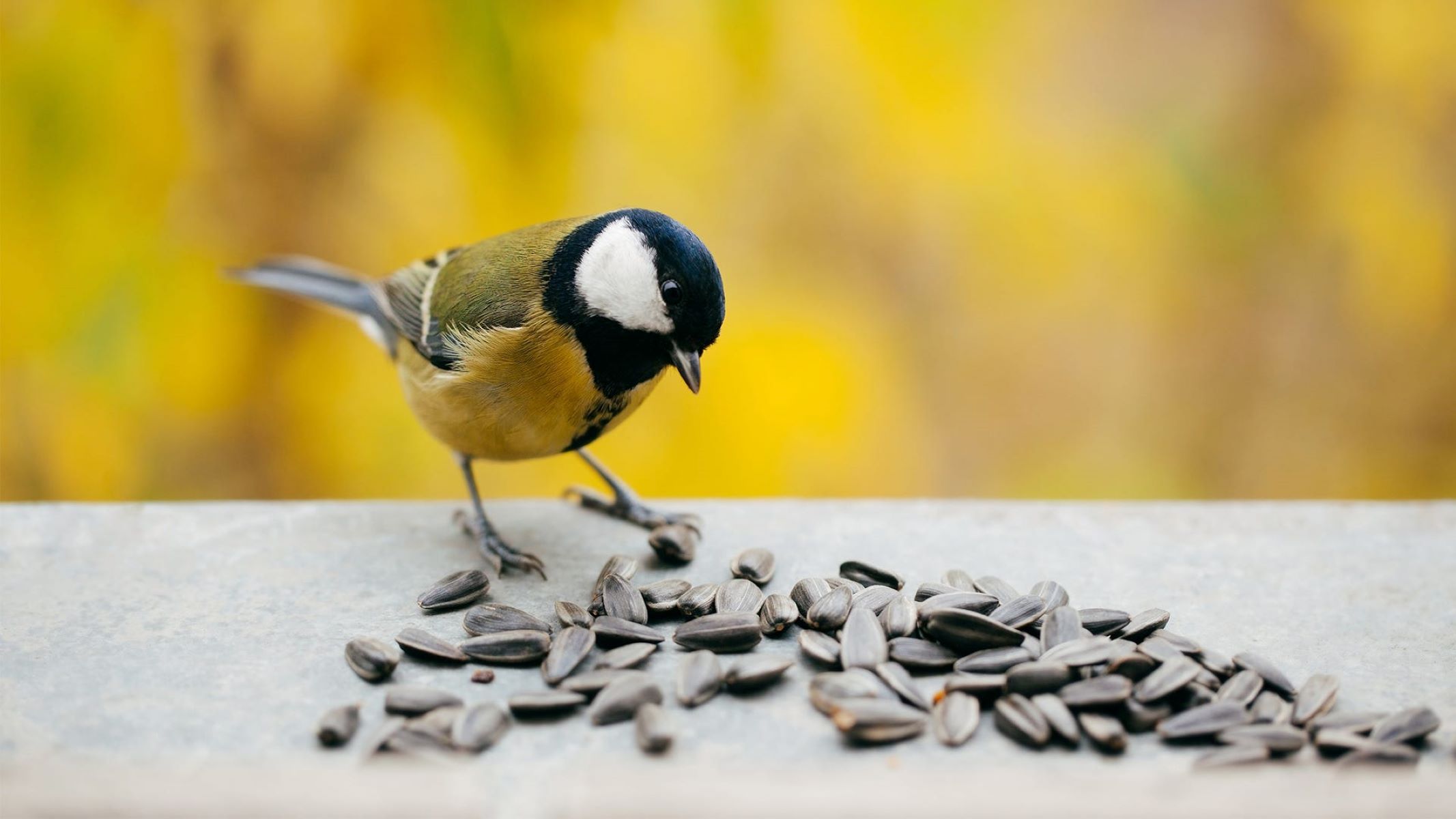
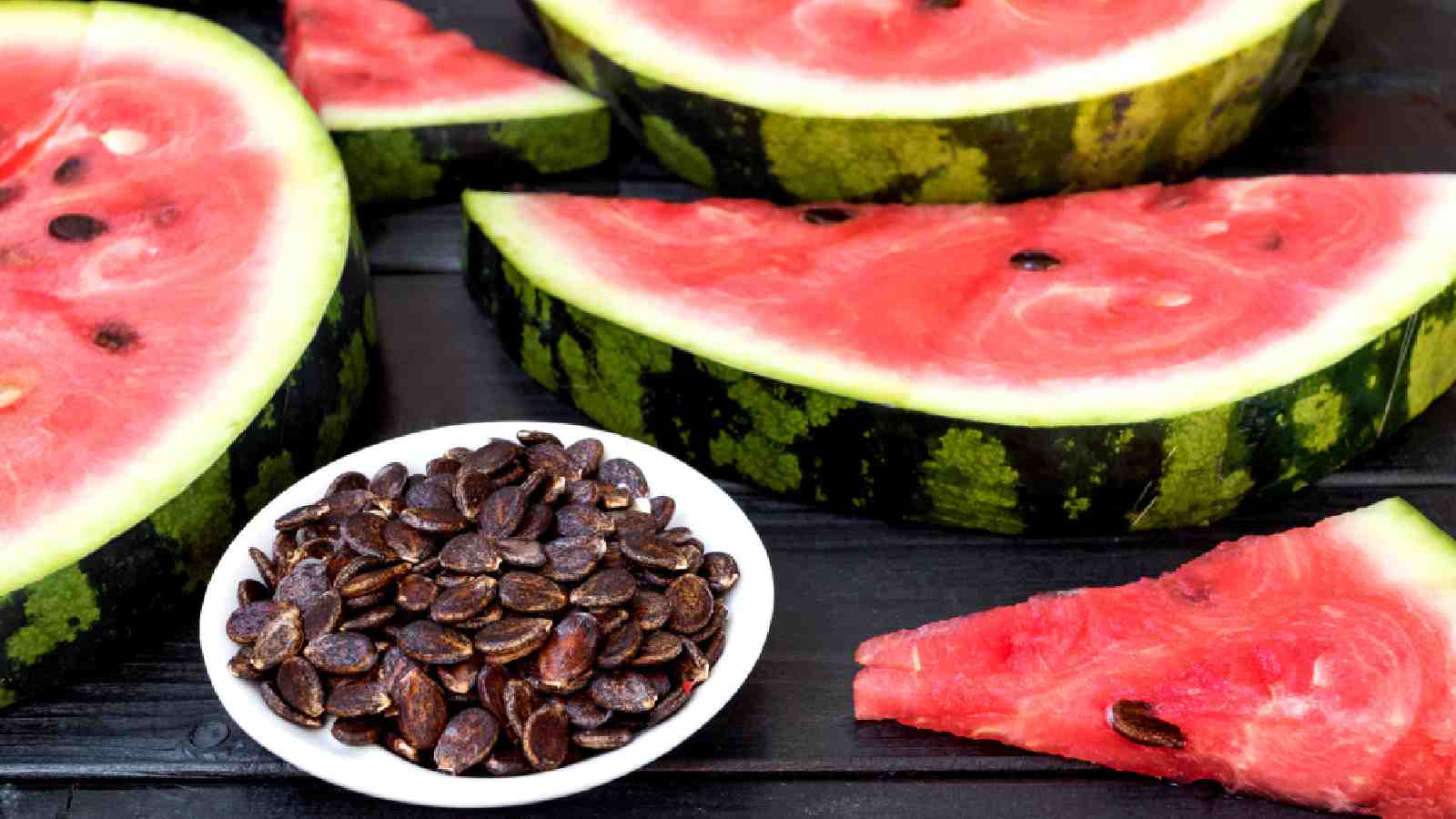
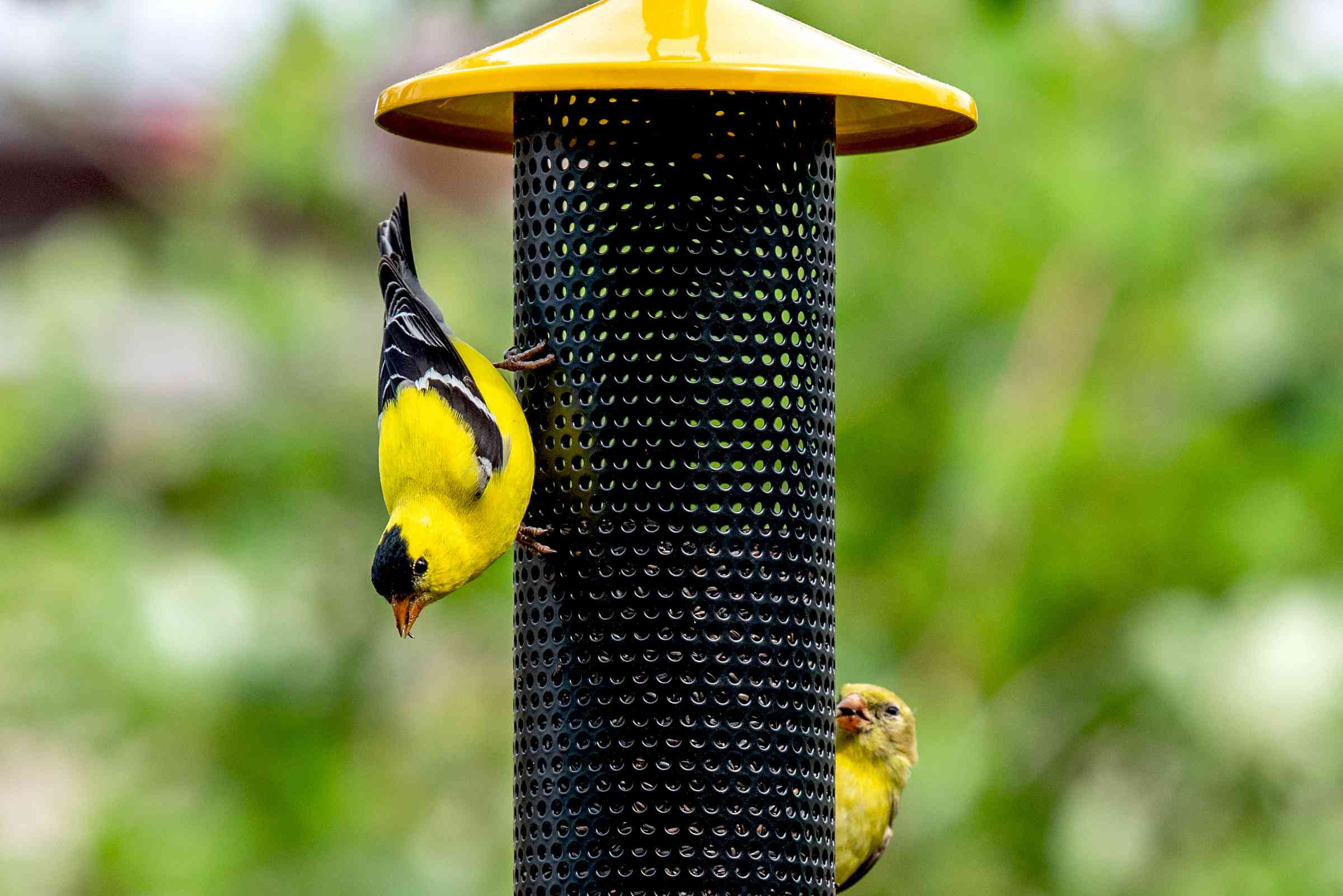
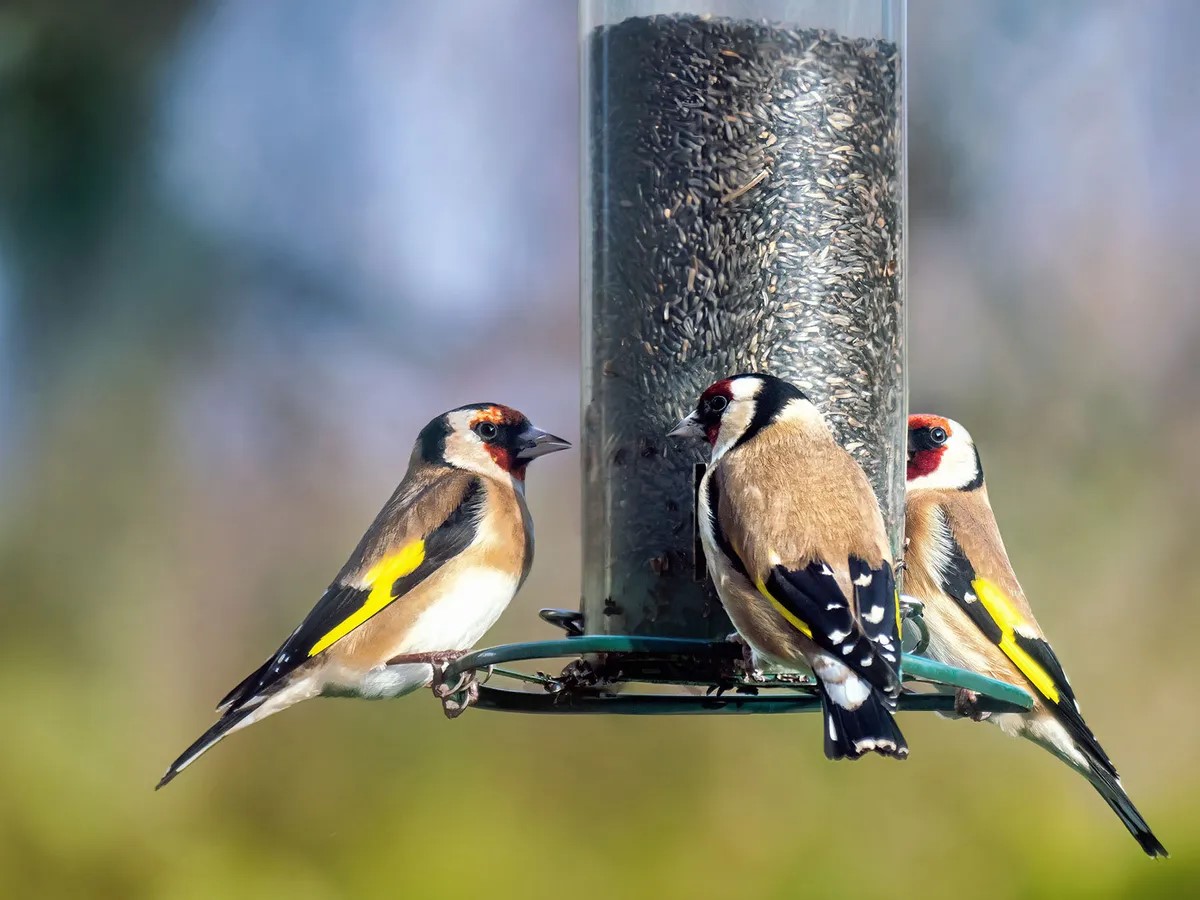
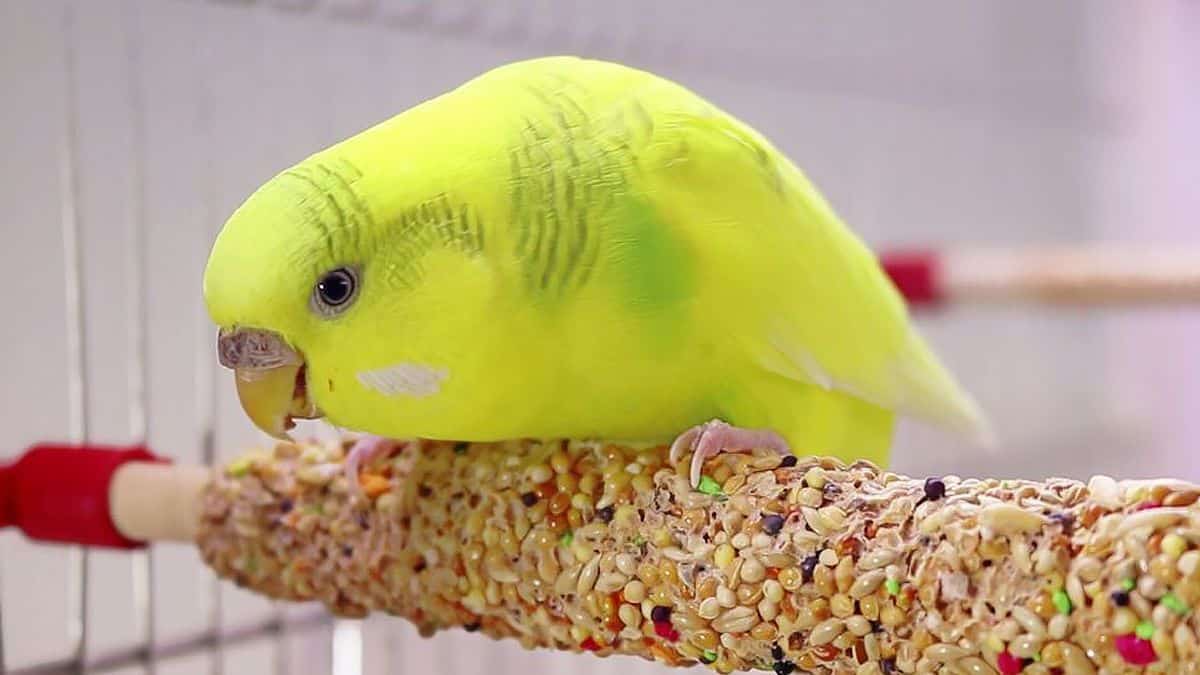

0 thoughts on “What Animals Eat Sunflower Seeds”